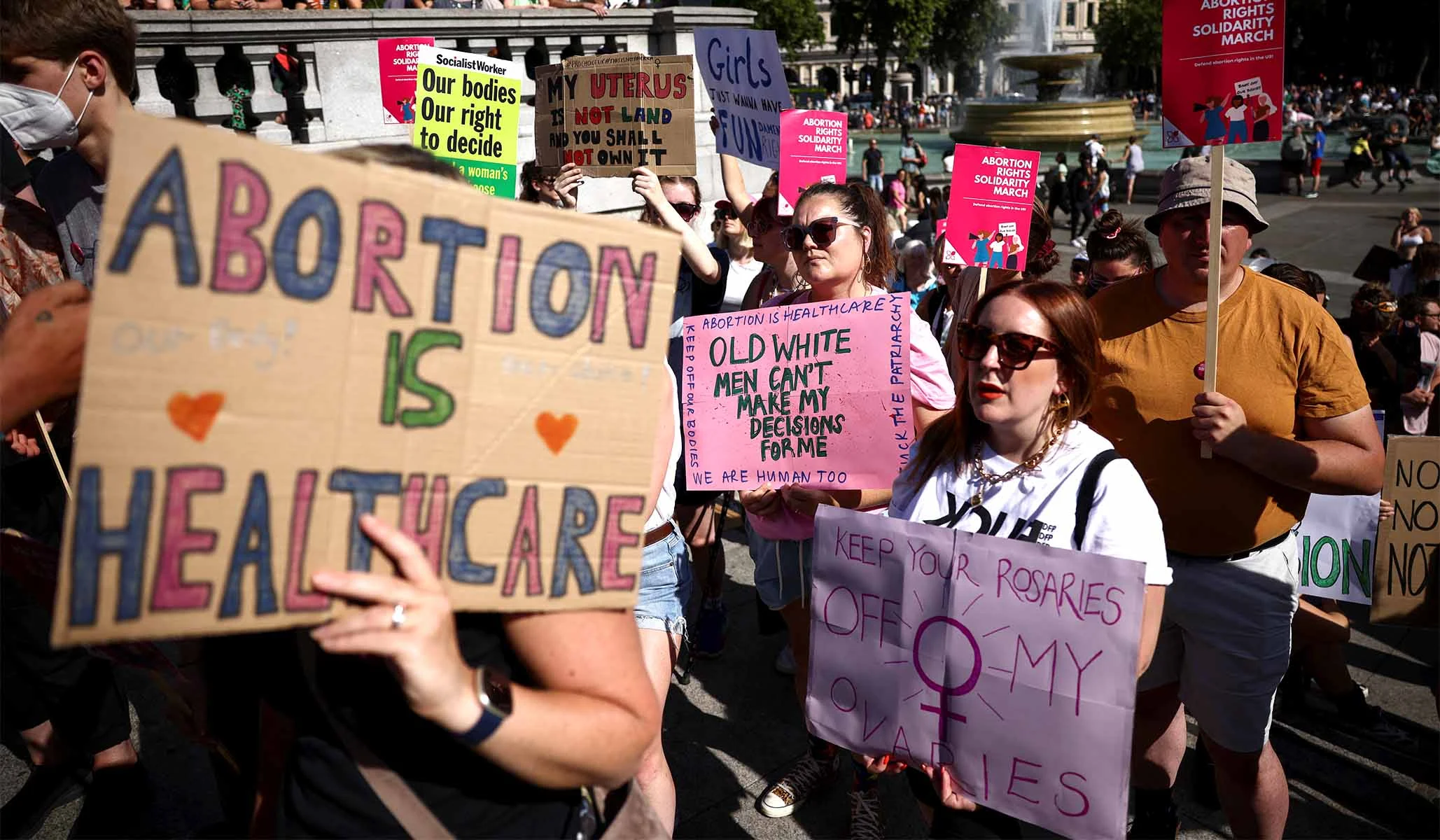Abortion law in the UK is based on exceptions rather than rights, with the 1967 Abortion Act legalizing abortion under specific circumstances. Although it amended the existing abortion ban, it did not repeal it, meaning that if the necessary conditions are not met, abortion remains a criminal offense under the 1861 Offences against the Person Act. This offense is technically punishable by up to life imprisonment, though the exceptions have become so permissive that they accommodate most abortions anyway. The British practice of box-ticking allows them to retain a veil of civility around abortion, with the procedure being viewed as necessary but regrettable and administered at the discretion of medical professionals.
According to the law, before 24 weeks, abortion is permissible if two registered medical practitioners agree that the pregnancy poses a risk to the physical or mental health of the pregnant woman. After 24 weeks, abortion is allowed only if two practitioners agree that there is a greater risk to the life of the pregnant woman than if the pregnancy were terminated, or if there is a substantial risk that the child would be seriously handicapped, or if it is necessary to prevent grave permanent injury to the physical or mental health of the pregnant woman.
During the coronavirus pandemic, temporary measures were introduced in England, Scotland, and Wales allowing access to pills inducing early abortions through the tenth week of pregnancy. These pills could be taken at home after a phone consultation with a medical practitioner. However, there are risks associated with this, including the physical risk of an undiagnosed ectopic pregnancy, the psychological risk of coercion by a partner or family member, and the legal risk of making a false statement about the trimester of the pregnancy.
In 2020, Carla Foster, age 44, told the British Pregnancy Advisory Service that she was around seven weeks pregnant when she was, in fact, well into her third trimester. Foster consumed the drugs mifepristone and misoprostol provided by the National Health Service, and her daughter, Lily, was born dead. A post-mortem examination indicated that Lily was between 32 and 34 weeks’ gestation. Foster was arrested and convicted at trial, and in his sentencing remarks, Justice Edward Pepperall acknowledged her remorse but sentenced her to 28 months’ imprisonment for the crime of “child destruction.”
The sentence has sparked outrage and advocacy for full decriminalization of abortion, with many focusing on painting Foster as vulnerable and in need of “compassion.” However, the same is true of women who commit infanticide, such as Paris Mayo, who killed her newborn to prevent the discovery of her pregnancy and the birth. Nobody is arguing that she should not be convicted of murder.
Abortion laws in the UK are inconsistent, with Foster being eligible for an abortion up until birth if her baby had Down syndrome. The question being debated is not whether abortion should be legal in all nine months of pregnancy, as it already is, but whether it should be regulated by medical professionals or effectively deregulated under decriminalization. If it is deregulated, pretenses of civility will not be possible, with abortion at any stage, for any reason, even carried out at home. Justice Pepperall deemed the letter he received signed by various British medical authorities on Foster’s behalf to be inappropriate, stating that his job is to apply the law and that changing the law is Parliament’s job. Regulating abortion to avoid situations like Foster’s is supposedly Parliament’s job too.

